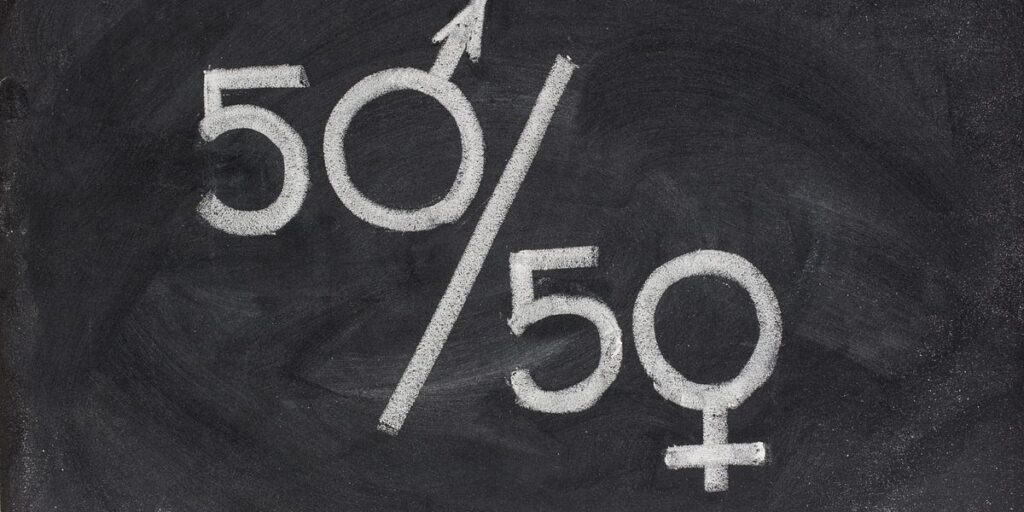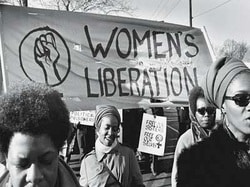Introduction:
Feminism, as a movement advocating for gender equality, has evolved significantly since its inception. In the 21st century, feminism faces a unique set of challenges and triumphs shaped by the complexities of modern society. This article explores the ongoing struggle for gender equality, highlighting the obstacles faced by feminists today and celebrating their achievements in the pursuit of a more just and equitable world.
Challenges:
One of the foremost challenges facing feminism in the 21st century is the persistence of gender-based discrimination and violence. Despite decades of activism and progress, women and marginalized genders continue to face systemic oppression in various forms, including workplace discrimination, unequal pay, and limited access to healthcare and education. The #MeToo movement brought to light the prevalence of sexual harassment and assault, sparking global conversations about consent, accountability, and the need for cultural change.
Furthermore, the rise of online misogyny and cyberbullying presents a new frontier for feminist advocacy. Women, particularly those in the public eye, are often subjected to harassment and threats on social media platforms, silencing their voices and deterring them from speaking out. The internet, while providing a platform for activism and solidarity, also amplifies misogyny and reinforces harmful stereotypes.

Intersectionality is another key challenge facing contemporary feminism. The movement has been critiqued for its historical focus on the experiences of white, middle-class women, neglecting the intersecting oppressions faced by women of color, LGBTQ+ individuals, disabled women, and other marginalized groups. Intersectional feminism seeks to address these gaps by centering the voices and experiences of those most marginalized within the movement, recognizing that gender inequality intersects with other forms of oppression, including racism, homophobia, and ableism.
Triumphs:
Despite these challenges, feminism in the 21st century has achieved significant victories in the pursuit of gender equality. Women’s rights movements around the world have made strides in challenging discriminatory laws and policies, expanding access to reproductive rights, and promoting gender-sensitive legislation. The ratification of the Convention on the Elimination of All Forms of Discrimination Against Women (CEDAW) by the majority of countries is a testament to the global commitment to gender equality.
Moreover, feminist activism has catalyzed cultural shifts and raised awareness about the importance of consent, bodily autonomy, and gender diversity. Campaigns such as #HeForShe and #TimesUp have mobilized millions of people worldwide in support of gender equality, engaging men and boys as allies in the fight against sexism and misogyny. Grassroots feminist organizations and collectives have emerged to address local issues and amplify the voices of marginalized communities, fostering solidarity and mutual aid.

Digital technology has also played a pivotal role in advancing feminist agendas and connecting activists across borders. Social media platforms provide a space for marginalized voices to be heard, facilitating online organizing, advocacy campaigns, and consciousness-raising efforts. Online platforms such as Women, Action & the Media (WAM!) and Hollaback! offer resources and support for survivors of online harassment, empowering them to reclaim their digital spaces and advocate for change.
Conclusion:
In conclusion, feminism in the 21st century is characterized by both challenges and triumphs as activists continue to push for gender equality in an ever-changing world. While systemic inequalities and barriers persist, feminist movements around the globe are making strides in dismantling patriarchy, challenging oppressive norms, and creating more inclusive and equitable societies. By addressing intersectionality, leveraging digital technology, and fostering solidarity, feminism remains a powerful force for social change and liberation in the 21st century.




